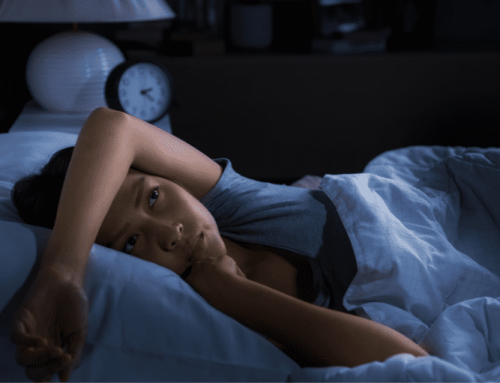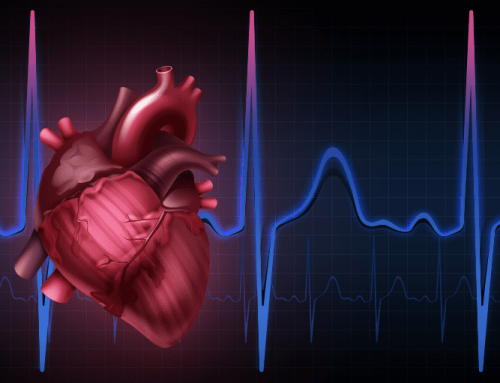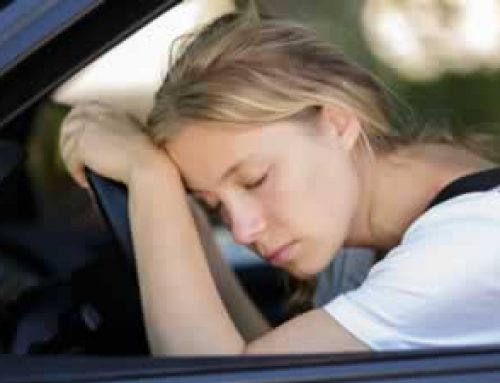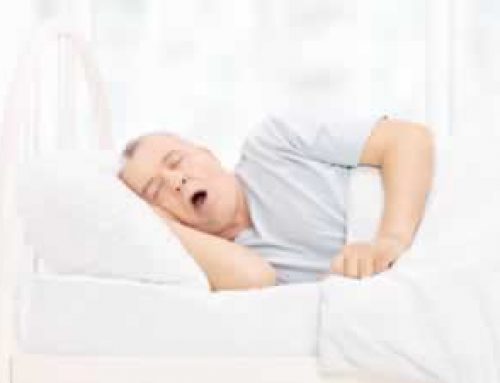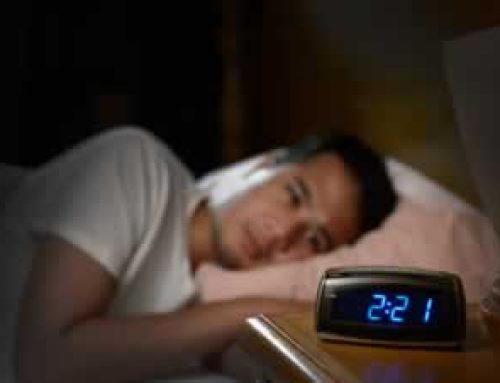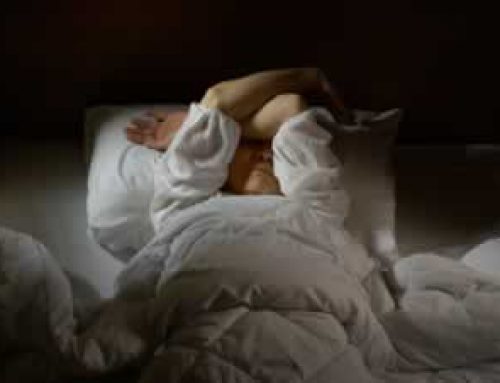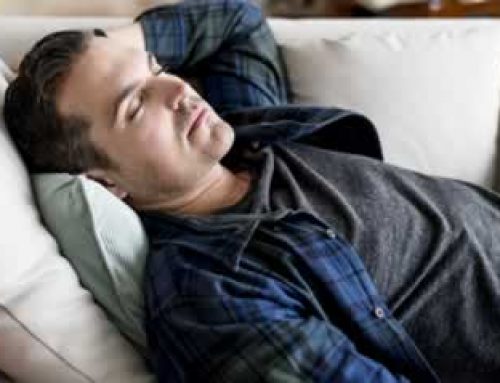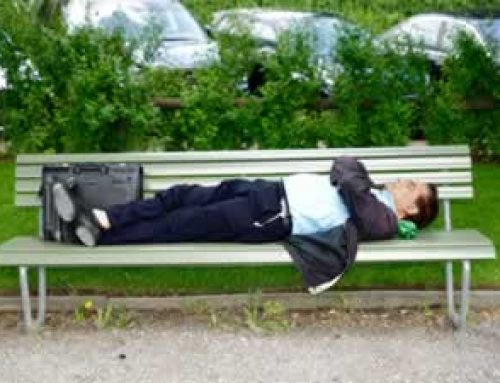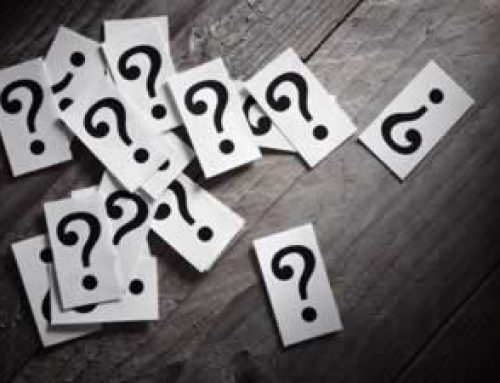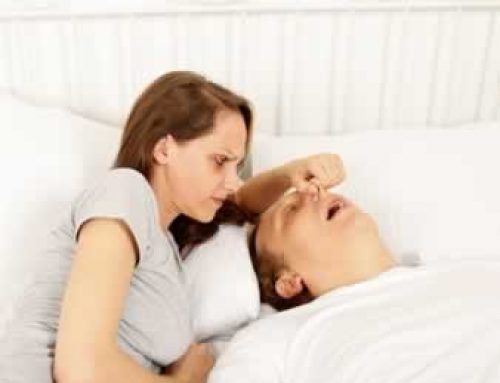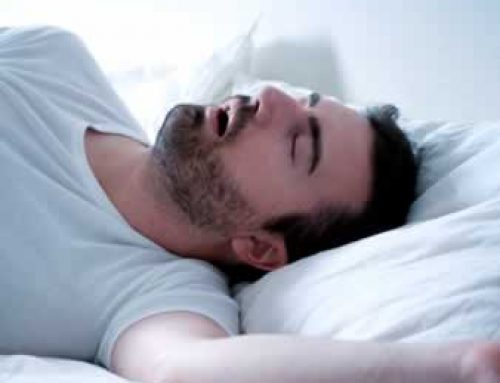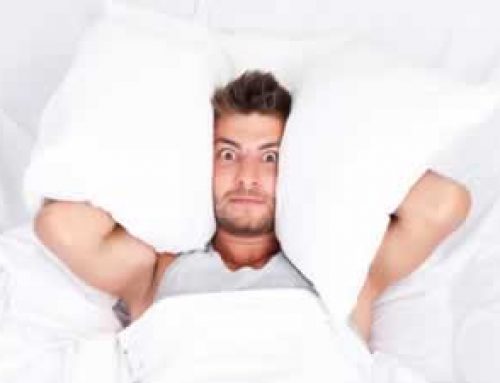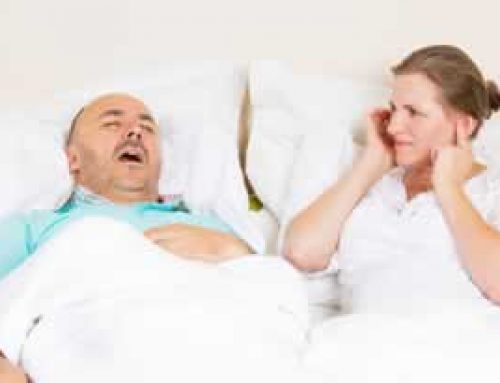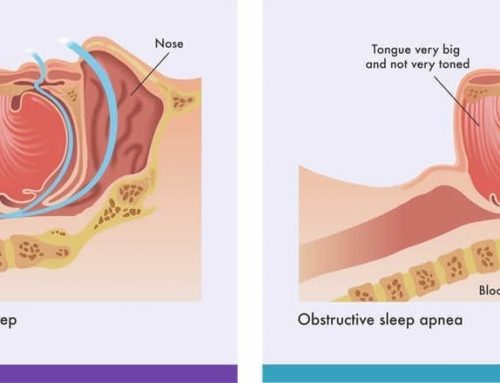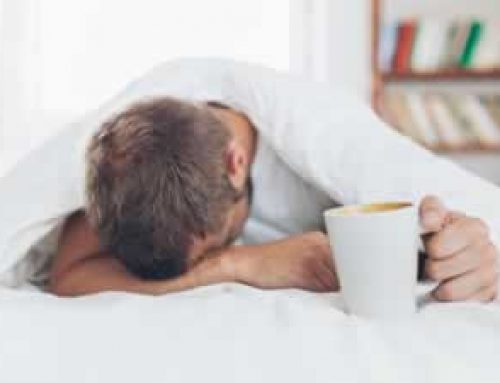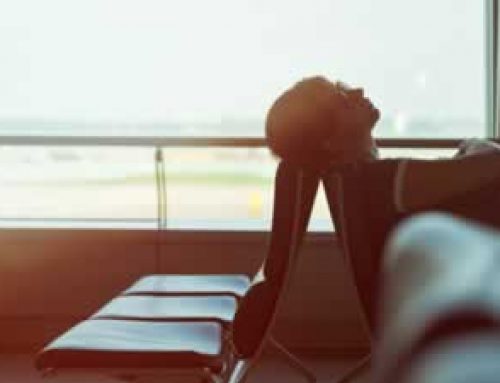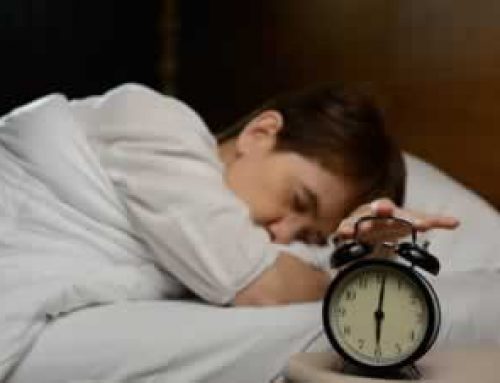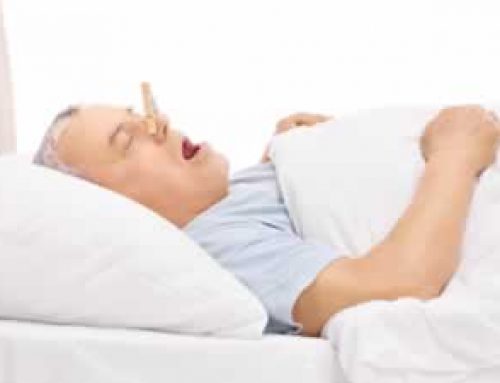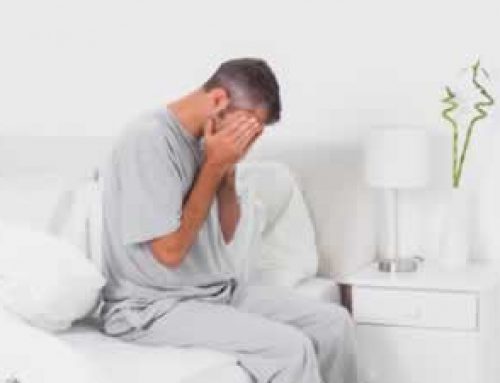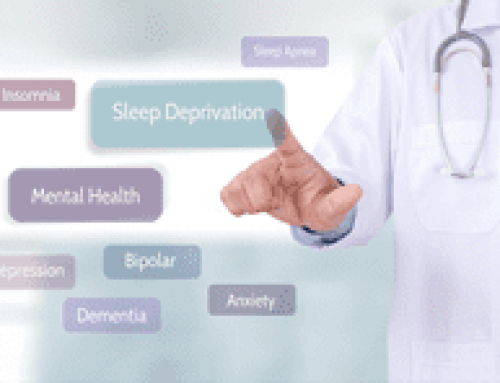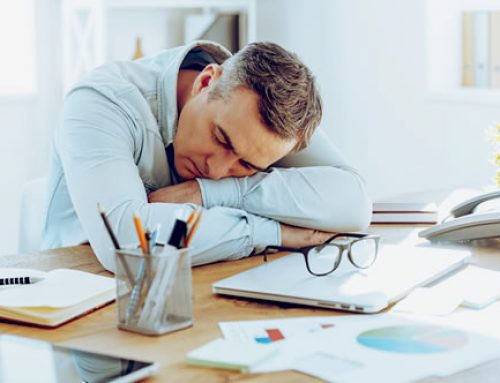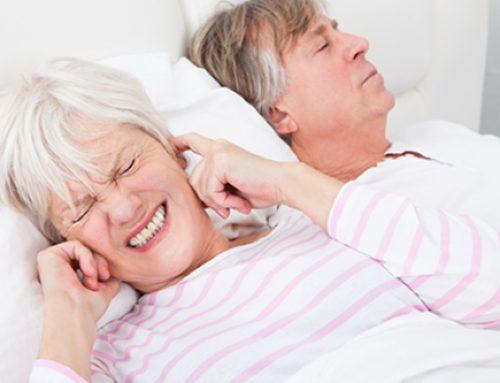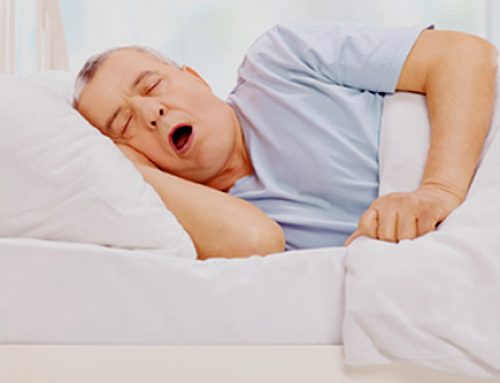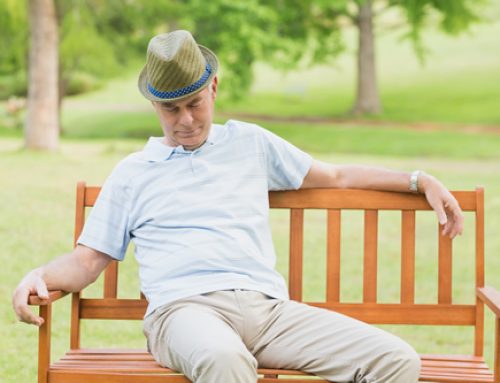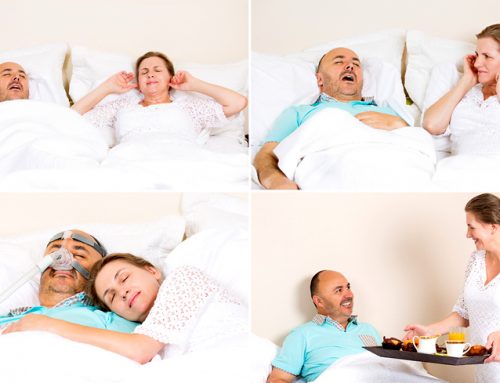A New Way to Think About Sleep and Mental Wellness
Sleep and mental health are rarely talked about on the same plane, but their relationship is much more intimate and complex than we give them credit for. For example, studies have shown that in the U.S. chronic sleep disorders affect 50% to 80% of adults diagnosed with mental illness who are receiving treatment from a psychiatric practice. This is a notable rate in comparison to the 10% to 18% of adults without mental illness that struggle with a sleep disorder.
The most common mental health issues associated with sleep problems and sleep disorders are anxiety, depression, and bipolar disorder.
Sleep and Depression
Difficulty falling asleep and getting a quality sleep every night increases the risk of developing depression. Studies show that approximately 75 percent of people suffering from depression also endure symptoms of insomnia and sleep deprivation. Although insomnia is not considered to be a symptom of depression, people with insomnia are five times more likely to develop depression.
Adding to the issue of sleep loss, some antidepressants affect sleep and specifically make it difficult to fall and stay asleep at night. Studies have also shown that patients who are depressed and experience chronic insomnia are less likely to respond to antidepressant medication treatment compared to patients who sleep well. Depressed people with continual sleep issues are more likely to relapse after their mood improves, more likely to consider suicide, and more likely to die of suicide than patients with good sleep hygiene.
Physicians are not sure exactly how or why, but it is clear that disrupted sleep wreaks havoc in the brain; affecting stress hormones, memory, impairing thinking, and altering emotional regulation. In short, poor sleep and chronic insomnia actually intensify the effects of mental health disorders and, in turn, mental health disorders can introduce and amplify sleeping disorders like insomnia. This creates a serious and very detrimental cycle of losing sleep and falling into deep depression.
Sleep and Anxiety
Insomnia for people with anxiety is very common and extremely problematic. Having difficulty staying or falling asleep affect more than 50 percent of adult patients with generalized anxiety disorder. Although it is not as common as with depression, insomnia is also a risk factor for developing an anxiety disorder. Lack of quality sleep affects the brain in very negative ways, and sleep experts agree that issues with sleep can lead to anxiety. Mental health physicians know that anxiety often leads to insomnia because anxiety makes people very stressed, nervous, and alert, making it difficult to both fall asleep and stay asleep during the night. While experiencing major anxiety, it is almost impossible to fall asleep, and when someone has an anxiety attack, they will not be able to calm down maybe for hours, let alone find a way to get some rest anytime soon.
Sleep and Bipolar Disorder
The relationship between bipolar disorder and sleep is a complex one. It is very different from sleep and depression or anxiety mainly because bipolar disorder consists of such lows and high’s in people’s mood. The difference between how patients act before, during, and after a manic episode may be remarkably different. In the same way, sleep for people with bipolar disorder plays an entirely different role during each stage.
During a manic episode, the majority of patients with bipolar disorder report needing less sleep. Some may even feel they don’t need to sleep at all while others experience insomnia to a great degree and can’t get any sleep. These manic episodes can last days. Once this episode ends, patients may completely flip around and begin to experience hypersomnolence to the point they won’t get out of bed. This behavior can last days as well. Patients go from having lots, and lots of energy without any need for sleep to a depressive state where all they want to do is sleep, and they refuse to do anything else, to the point some won’t even get out of bed for days.
Studies have suggested that insomnia or other problems with sleep can progressively get worse before a manic episode and some physicians believe insomnia or other sleeping problems are a trigger for a manic episode of bipolar disorder.
Getting Insights
Sleep and mental health issues play off of each other, leading to worsening sleep and putting further strain on your mental wellness. Treating your sleeping problems or sleep disorder may help alleviate a mental health issue and end the vicious cycle of no sleep and worsening mental health. Get started with our online Sleep Assessment and schedule an appointment with your physician to order a home sleep test from Vitalistics to see if you have a sleep breathing disorder or some other sleep problem. Get the sleep you need and get back to resting easy at night.



